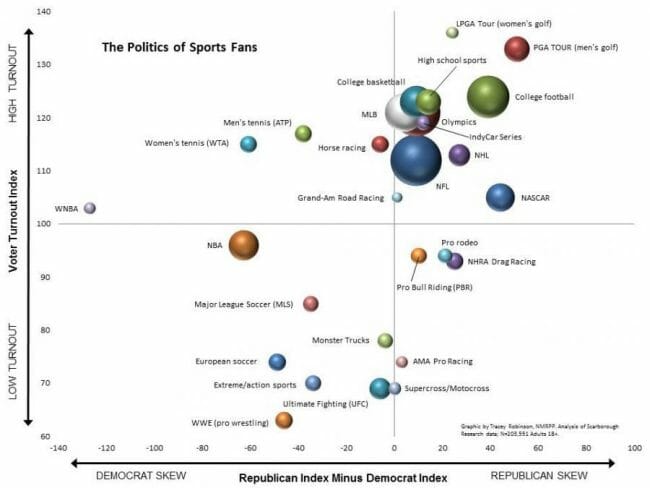Via a reader, the cost of a few politicians deciding that there absolutely had to be an Australian-assembled hybrid.
"My wife was looking for an Australian-made hybrid car," Rudd told John Laws in March, 2007, "and I'm sure some of your listeners would have found this out "“ you can't find one.
"So, that started me thinking about why don't we have one in this country."
There are certain people from whom the phrase "that started me thinking" serves as a 150-decibel alarm. We weren't to know it at the time, but Kevin Rudd turned out to be one such bloke. Instead of settling on a nice secondhand Prius, Rudd's simple quest to find some wheels for the missus quickly led, once he was elected, to the $500 million Green Car Fund.
Why couldn't Ms Rein have been interested in something less expensive, like knitting? No, scratch that "“ once her husband "started thinking", we'd have been stuck with a $2 billion National Crochet Initiative.
Subsidies appear to amount to about $(AU)100,000 per private car sale. This is a sort of new brand of left-progressive triumphalism that reminds me of an essay Ayn Rand wrote decades ago on statism and prestige. These are the modern Green equivalents of the Brandenburg Gate -- they cost a lot of money, they don't really do anything useful, but everyone can point at them and marvel.
And speaking of which, our current Administration in the US in by no means immune
U.S. President Barack Obama will attend a groundbreaking ceremony on Thursday for an LG Chem plant in Holland, Michigan, the company said Sunday. It is very unusual for an incumbent U.S. president to appear at such an event for a foreign company, and it is the first time for a Korean firm.
LG is investing US$300 million to build the plant which will produce batteries for electric vehicles. First-phase commercial production is scheduled to begin in the first half of 2012, and once completed in 2013 the plant will churn out lithium ion cells for 200,000 hybrid cars annually.
Ah, there Coyote goes exaggerating -- because the article explicitly says that a private company will be investing the money, so this isn't really a government project. Ah, but read to the last paragraph
As part of efforts to revive the auto industry by bringing more green vehicles to the road, the U.S. government has lent considerable support to LG's Holland plant, including $151 million from a federal stimulus program. The Michigan state government also offered tax cuts worth $130 million, which together with the stimulus funds will almost offset LG's entire construction costs. The plant will help ease unemployment in the state by creating some 400 jobs, U.S. media reported.
So $281 million of the $300 million LG is investing is actually taxpayer money. More brave capitalists! But fortunately we will have lots more batteries so rather than burn gasoline, electric vehicles can charge themselves from coal plants.
PS- Don't forget the jobs, though, created for the low low taxpayer cost of $702,500 each!
PS #2 - I had not noticed before I wrote it, but both of these articles also share in common the government subsidizing foreign companies to manufacture in their country, rather than producing these goods elsewhere and importing them. This reduces the benefit of these investments even further - its pretty clear that both batteries and Prius's would have been made somewhere in the world, so they would have been available to consumers (probably at lower prices), but these investments merely were to shift production across some line on a map.
Update: John Stossel discusses another form of modern statist triumphalism -- the government-funded sports stadium
South Africa's ability to pull it all together for six weeks doesn't mean the World Cup will be a net benefit to the country in the long term. As the ESPN video below explains, South Africa's government spent $6 billion on the tournament. Tournament-related revenues are expected to fall well short of that figure. Some of the hundred million dollar stadiums built for the tournament won't get much use now that the games are over. The video points to one stadium built for the tournament which will likely remain vacant"â€it sits over over slums that lack running water.
Fond memories of the month South Africa performed marvelously on the world stage are nice. But $6 billion is a lot to pay for a memory. These spectacles"â€the World Cup and the Olympics"â€are nearly always money losers. They're a lousy investment in wealthy countries. They're particularly garrish in countries that aren't as affluent.
Remember that Greece got the same kudos for not screwing up the Olympics, but years later it sure seems like the $15 billion that was sunk into those games by the Greek government has contributed to its financial crisis.

